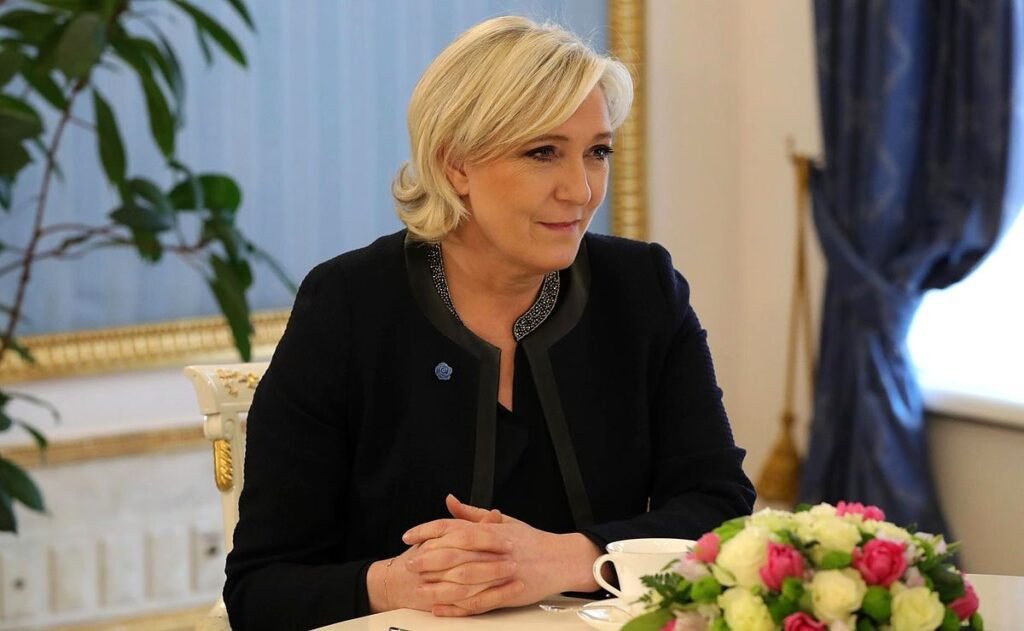In the aftermath of the first round of voting in the French election, Marine Le Pen’s National Rally has emerged as a leading force, positioning itself on the brink of potentially making history with a far-right government. As France prepares for the final round of voting on July 7, the political landscape is fraught with uncertainty and strategic maneuvering.
Current Political Landscape
Marine Le Pen’s National Rally secured a significant lead in the initial voting round, surpassing both President Emmanuel Macron’s centrist coalition and the left-wing alliance. This unexpected outcome marks a pivotal moment in French politics, where the prospect of a far-right government governing for the first time in the modern republic’s history is now a distinct possibility.

Implications for France and Europe
The implications of this electoral shift extend beyond national borders. A National Rally victory could redefine France’s position within the European Union and NATO, potentially influencing regional stability and international relations. The rise of populist sentiments in France mirrors trends seen across Europe, posing challenges to established political norms and alliances.
Macron’s Strategy and Dilemma
President Emmanuel Macron now faces a critical decision: whether to rally centrist forces against the National Rally or explore alliances with leftist opponents to block Marine Le Pen’s ascent to power. This strategic dilemma underscores broader debates over democratic governance and the balance of political power in France.
Challenges and Alliances
As the countdown to the final round begins, political parties are engaged in intensive negotiations and strategic calculations. Key battleground constituencies will witness fierce competition as candidates vie for support and attempt to persuade third-place finishers to withdraw from the race, potentially consolidating opposition votes against the far right.
Public Opinion and Uncertainty
Despite the strategic calculations of political leaders, voter behavior remains unpredictable. Many voters disregard party instructions, complicating efforts to predict the final outcome. The National Rally’s openness to coalition-building adds an additional layer of uncertainty, introducing complexities to an already contentious electoral contest.
What Lies Ahead
As France enters the decisive phase of its election, the stakes are exceptionally high. The outcome will not only determine the immediate political landscape but also resonate across Europe. Whether President Macron and his political rivals can effectively counter the far-right surge will shape the trajectory of French politics and its impact on the continent at large.
The next few days will be pivotal as France navigates through this critical juncture in its democratic process. The world watches closely as the French electorate prepares to cast their votes, weighing the balance between continuity and change, stability and upheaval. The outcome of the July 7 election will undoubtedly shape the future of France and reverberate throughout Europe, influencing the course of European integration and the dynamics of global politics.








